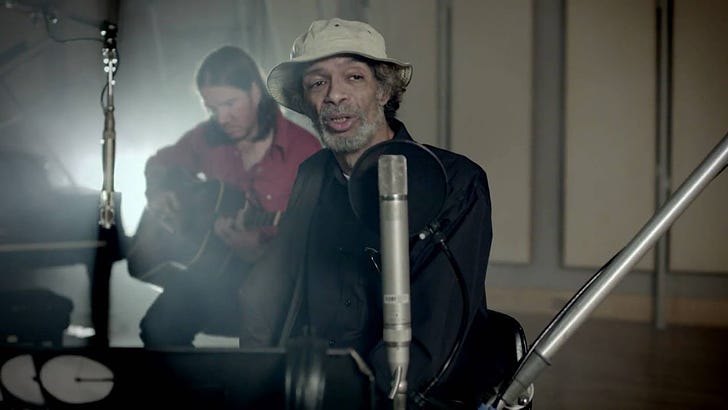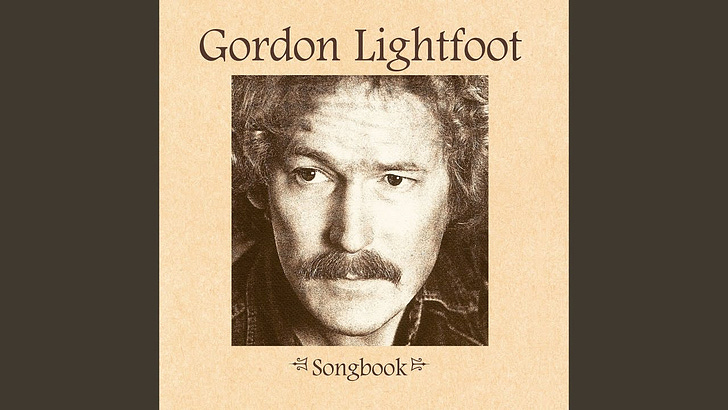I haven’t been sure how to approach this post. There is a certain freedom that comes from not having many subscribers, I value having an audience and want to respect them. I’m aware both that many people are exhausted (or frightened, or upset) thinking about politics at the moment. However, since the election, I feel an obligation to think carefully about both how I understand the current state of American politics and, more importantly, what can I do, personally, to engage in a productive way, and how can I use my personal strengths and insights to push in a positive direction.
I don’t have a lot of ideas, honestly, and writing about it feels like a useful step in the process. That runs the risk of self-indulgence, but I just hope that it will be interesting to write with honesty and curiosity.
I am deeply introverted, and not temperamentally inclined towards either organizing or being a polemicist. I certainly don’t assume that I will always have the luxury of trying to play to my own strengths, but part of what I want to use this space for is thinking about how best to be myself in a way that is politically meaningful.
I have described myself as the most boring of political creatures, a liberal incrementalist. I am politically liberal and temperamentally cautious. That is a combination which is the recipient of well-dissevered satire1 but part of what is striking about the election results is the degree to which the Republican campaign seemed so opposed to both halves of that equation.
As many people have noted, in all three of his campaign a central part of Trump’s presentation is the insistence on simple answers to complicated questions; on a narrow rather than broad sense of shared community, a world full of dangers and betrayal, and the importance of short-term rather than long-term calculation.
On most days I believe that it is both possible and desirable, to most people, to work towards building a future which is better than the present — fairer, wealthier, which excludes fewer people from public and social life, and which supports creative and personal expression. I don’t think that’s inevitable; there are challenges to overcome, but nor does it feel impossible. I am an incrementalist because I think many of the things we try won’t work, or will create new problems but that seems like, on some level an obviously attractive vision.
Politics, at the moment, feels suffused with a mood of, “I want to win or, failing that, take as many people as possible down with me when I lose.”
I want, as much as possible, to express myself with the opposite of that — to cultivate a feeling that losses may be inevitable, but that our collective accomplishments are greater than our losses2.
While I generally believe that, I’m not sure that is a useful attitude to meet the current political moment. Following the election, it’s harder to believe, and even more difficult to feel like that’s the right spirit to try to rally around. Part of what I will do in the next four years is to be ready to have optimism when it’s warranted, but that is not, by itself enough.
As I type all of this, I realize there’s a risk of being a cliché — the middle-aged man lamenting that the world feels less comfortable than he remembers, and that politics feels harder and he feels unprepared for the current political debates.
Like anybody I understand the world based on my own experience and perspective, but that is limiting as well. Part of what motivates my sense of reflection is the feeling that if my own political tools feel ill-matched that may be a reason to craft new tools, but it may also be a sign to look again to see what opportunities are available.
So I plan to continue to write more about politics as I try to both understand the news, and think about my own place in the world right now.
Musical accompaniment is Gil Scott-Heron’s late-career cover of “I’m New Here” about aging, feeling our own limitations, and the possibility of change (“No matter how far wrong you've gone / You can always turn around”)
I was just recommending Phil Ochs’ “Love Me, I’m A Liberal” which still has a bite to it —
It’s interesting to wonder how much my framing there is affected by the timing of my personal political history. I first started having an awareness of politics during Reagan’s 2nd term (and my sense of him could be summed up by this Robin Williams bit). Following him was GHW Bush, whom I hadn’t supported but, in retrospect, the gains from the end of the cold war, and the fall of the Berlin Wall overshadowed the political disagreements (and Bush famously raised taxes and the first Gulf War was less costly than expected). Clinton didn’t have many signature accomplishments, but the social change (and benefits) of the expansion of the internet (and the availability of effective HIV medication) felt like the major story of the 90s.
Then, under GW Bush, the major stories of the decade — the War on Terror, and the 2008 financial collapse were negative, and it was harder to say that social progress was a stronger trend than the political ups and downs.
Subscribe to Earnestness Is Underrated
I keep getting into conversations on substack, and want a place to store longer thoughts.












